Business Leaders Warn of AI-Driven Disruption as Workforce Reskilling Becomes Imperative
At the Fortune Global Forum in Riyadh on October 26, a panel of experts sounded the alarm on the far-reaching impact of artificial intelligence (AI) on the modern workforce. As AI continues to reshape the job market, businesses are being forced to confront the reality of widespread disruption, with many professionals facing the prospect of redundancy.
According to a report by McKinsey, AI is expected to automate up to 30% of jobs in the United States by 2030, with the consulting firm estimating that up to 800 million jobs could be lost worldwide due to automation. The report also highlights the need for workers to acquire new skills, with 87% of executives believing that upskilling and reskilling will be essential for future success.
Anne Lim O'Brien, vice chair and partner at Heidrick Struggles, a leading executive search firm, warned that even high-skilled professionals, including lawyers, accountants, and management consultants, are at risk of being replaced by AI. "Those are the skills that can be replaced by AI and agentic AI," she said. "We're seeing a lot of disruption in the professional services sector, and it's not just about the data entry roles."
The impact of AI on the workforce is already being felt, with companies such as IBM and Accenture investing heavily in AI-powered automation. IBM, for example, has reported significant cost savings as a result of its AI-driven automation efforts, with the company's CEO, Arvind Krishna, stating that AI has enabled IBM to reduce its workforce by 20% over the past five years.
The industry is also witnessing a significant shift towards AI-driven decision-making, with companies such as Cigna Insurance Saudi Arabia leveraging AI to improve customer service and reduce claims processing times. According to Hisham Radwan, CEO of Cigna Insurance Saudi Arabia, AI has enabled the company to reduce claims processing times by up to 90%.
As businesses navigate this new reality, experts are urging companies to prioritize workforce reskilling and upskilling. Vinay Firake, CEO of Wipro APMEA, a leading IT services company, emphasized the need for businesses to invest in their employees' future-proof skills. "We're seeing a lot of disruption in the industry, and it's not just about the technology," he said. "It's about the people and the skills they need to acquire to remain relevant."
The cost of inaction is significant, with a report by the World Economic Forum estimating that the global economy could lose up to $14 trillion in GDP by 2030 due to a lack of investment in workforce development. As businesses grapple with the challenges of AI-driven disruption, it is clear that reskilling and upskilling will be essential for future success.



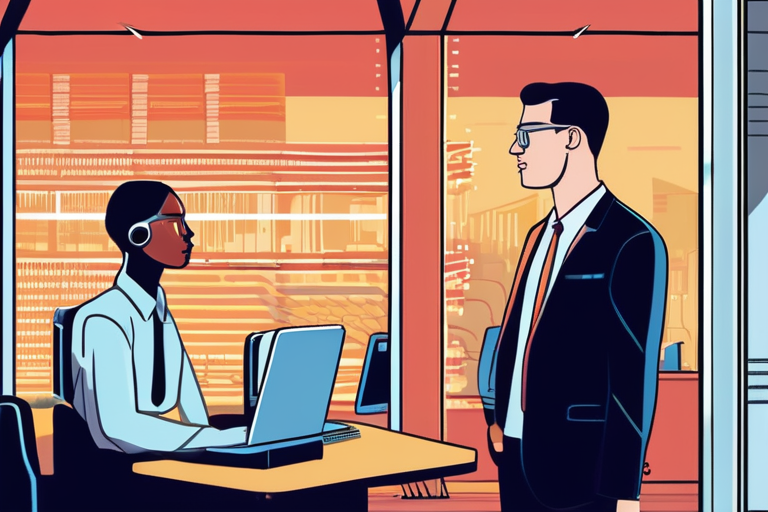

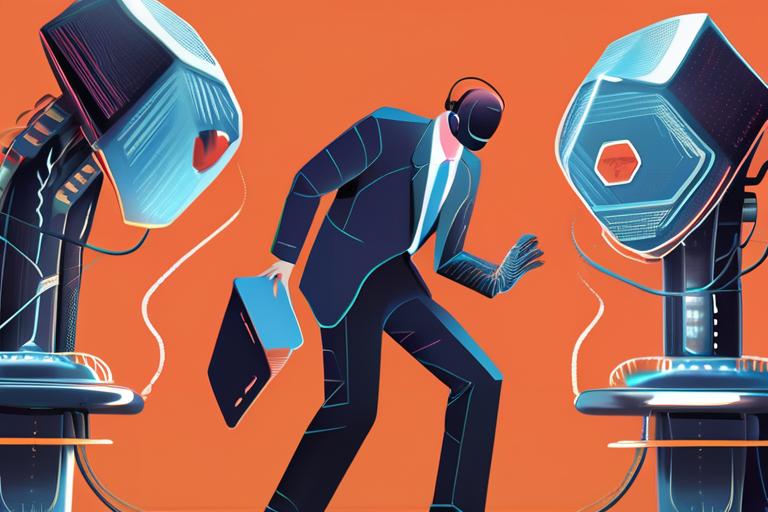

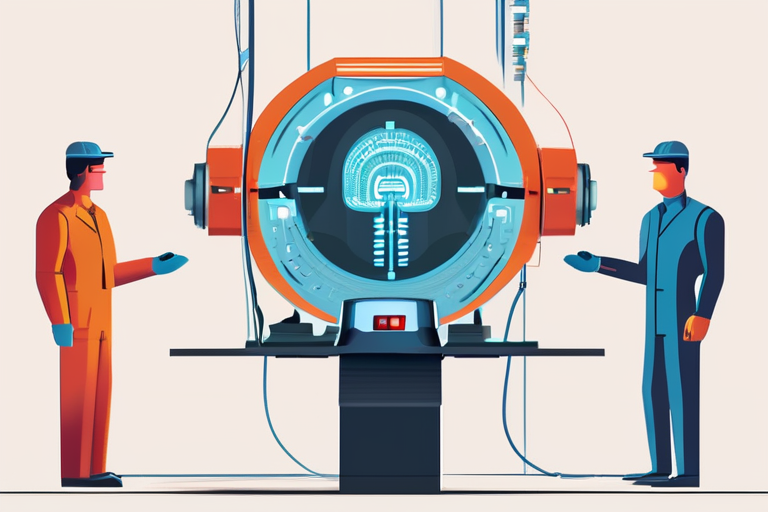
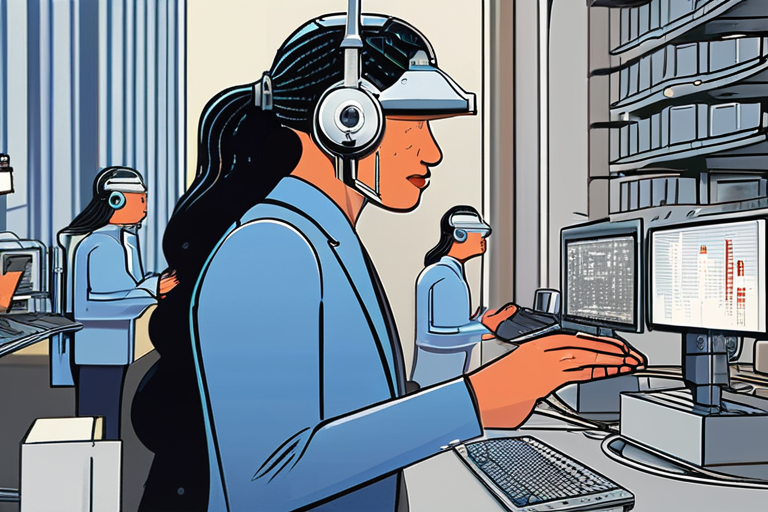

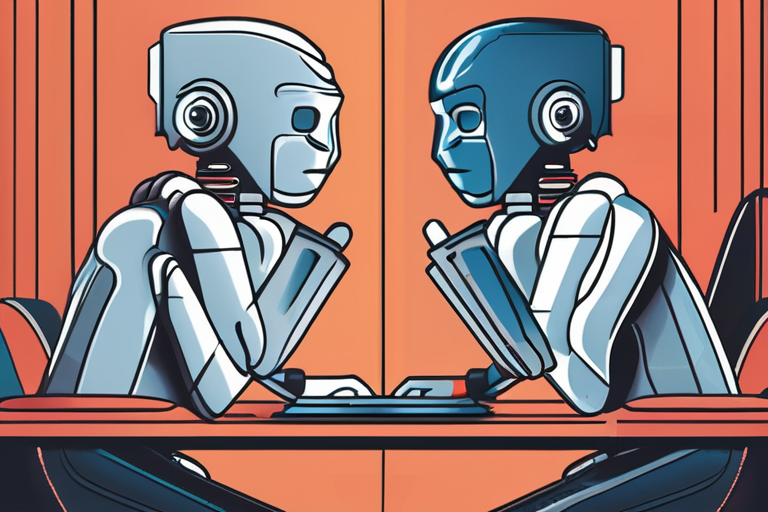



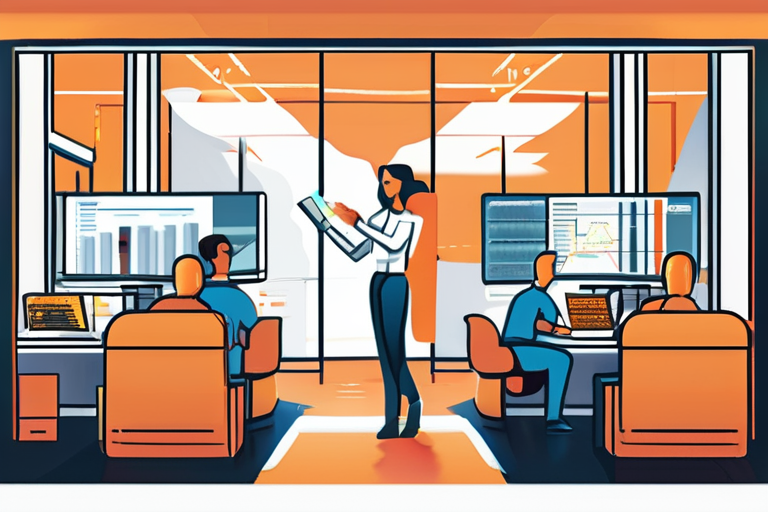


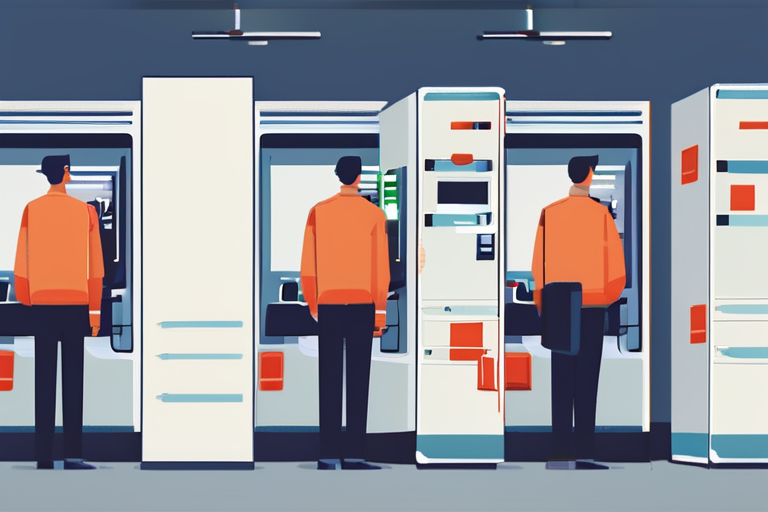



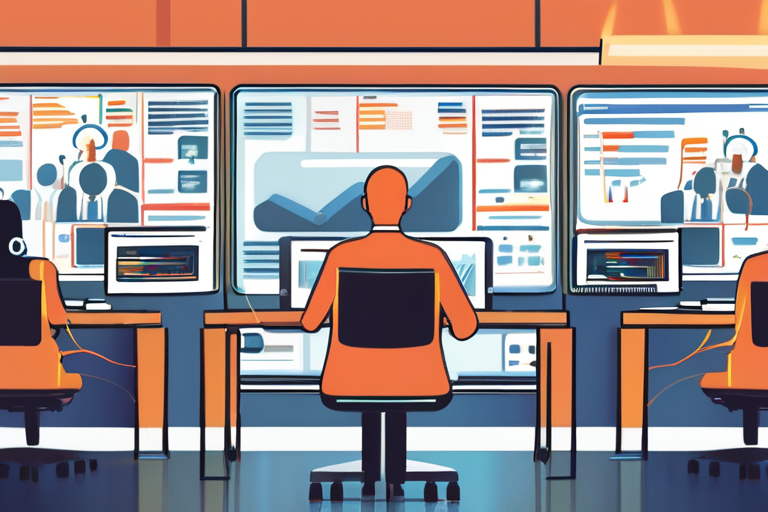

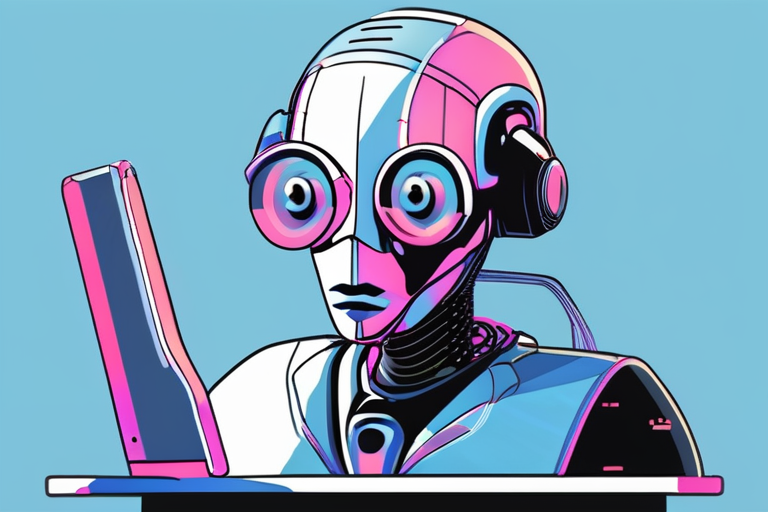

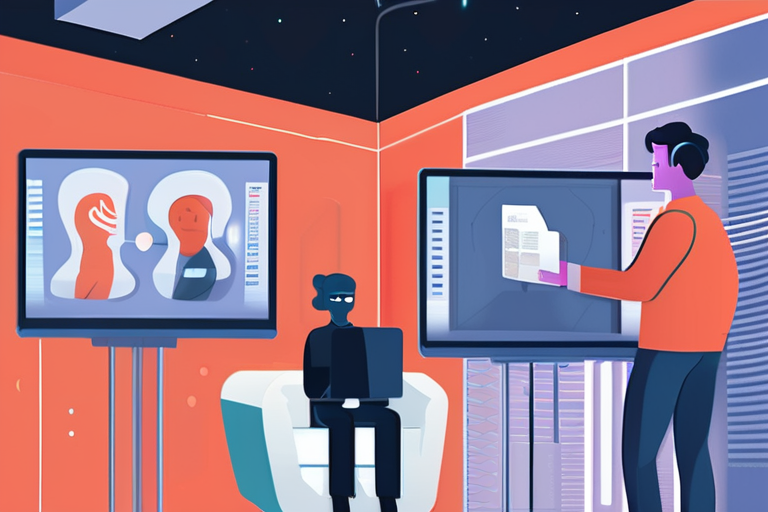

Share & Engage Share
Share this article